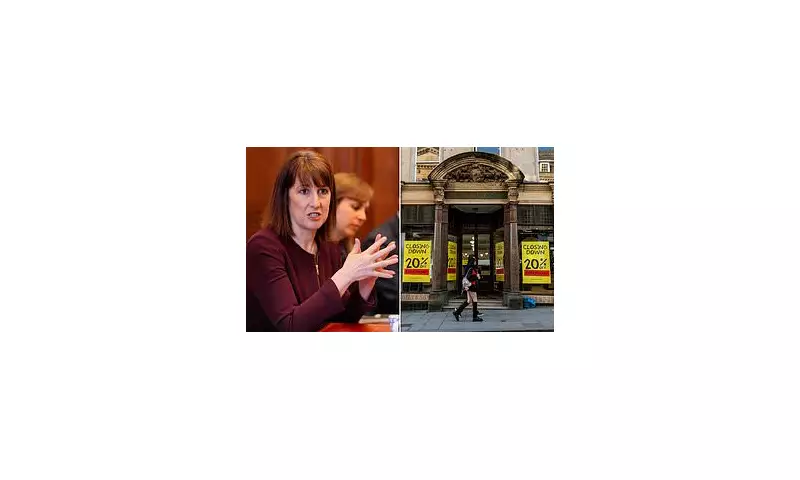
A series of grim economic figures have painted a bleak picture for the UK, creating a difficult backdrop for the Chancellor's upcoming Autumn Budget. New data indicates the economy has nearly stalled, public borrowing has overshot predictions, and consumers are retreating from the high street.
Economic Growth Grinds to a Halt
A key business survey, the closely watched Purchasing Managers' Index (PMI), showed that private sector growth slowed to a near standstill this month. The poll, compiled by S&P Global Market Intelligence, recorded a reading of 50.5 for November, perilously close to the 50 mark that separates growth from contraction.
Chris Williamson, chief business economist at S&P Global Market Intelligence, stated that the latest figures point towards zero gross domestic product (GDP) growth in November. He suggested this would likely result in a meagre 0.1% growth for the fourth quarter, mirroring the 0.1% official growth figure already recorded for the third quarter.
Mr Williamson attributed part of this economic malaise to paused spending decisions by businesses, directly linking the hesitation to uncertainty over the Chancellor's Autumn Budget. He warned there is a real risk this pause could develop into a full-blown downturn.
Public Finances and Consumer Confidence Worsen
Compounding the growth problem, the Office for National Statistics (ONS) reported that Government borrowing for the financial year so far has reached £116.8 billion. This alarming figure is £9.9 billion higher than the forecast made in March, further complicating Rachel Reeves' attempts to manage the public finances.
In a separate blow, ONS retail figures showed that sales fell last month, illustrating the anxious mood among consumers who fear a financial hit from the Budget. This drop in high street activity underscores the fragile state of consumer confidence.
Amid this troubling data, US investment bank Goldman Sachs warned that the Chancellor is likely to announce tax increases of around £30 billion The slew of dismal statistics has intensified political criticism. Tory business spokesman Andrew Griffith commented, 'We are seeing the impact of Reeves' Budget uncertainty hanging like a wet blanket over the economy. It didn't have to be this way. She's managed to do damage to business even before she stands up.' This collection of data represents the latest evidence of a deteriorating environment for both businesses and consumers in Britain. It adds to existing worries that Wednesday's Budget will drain more fuel from an economy already sapped by the significant tax rises imposed last year. Furthermore, inflation remains stubbornly high at 3.6%, the highest rate among the G7 group of advanced economies. With business confidence deteriorating and job losses accelerating, the Chancellor faces a formidable challenge to stimulate growth while patching up the public finances in next week's crucial Budget announcement.Political Fallout and a Challenging Outlook





